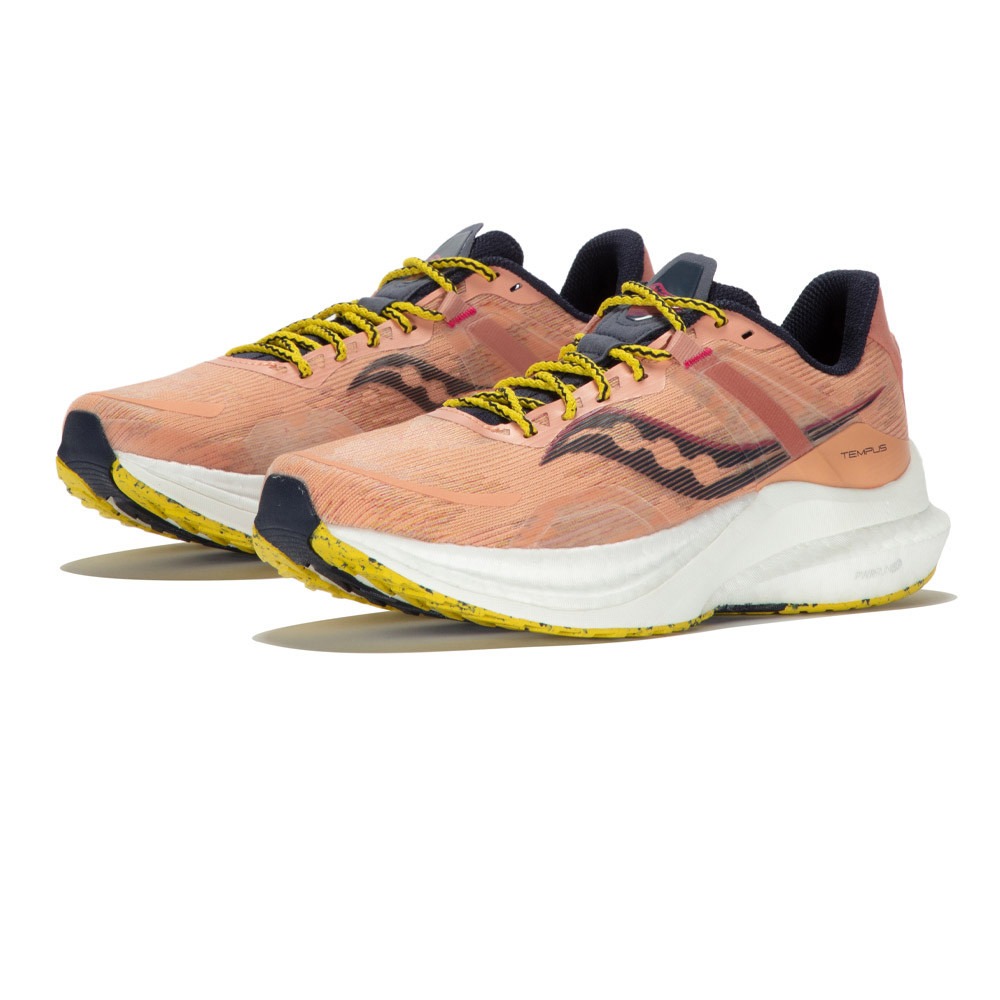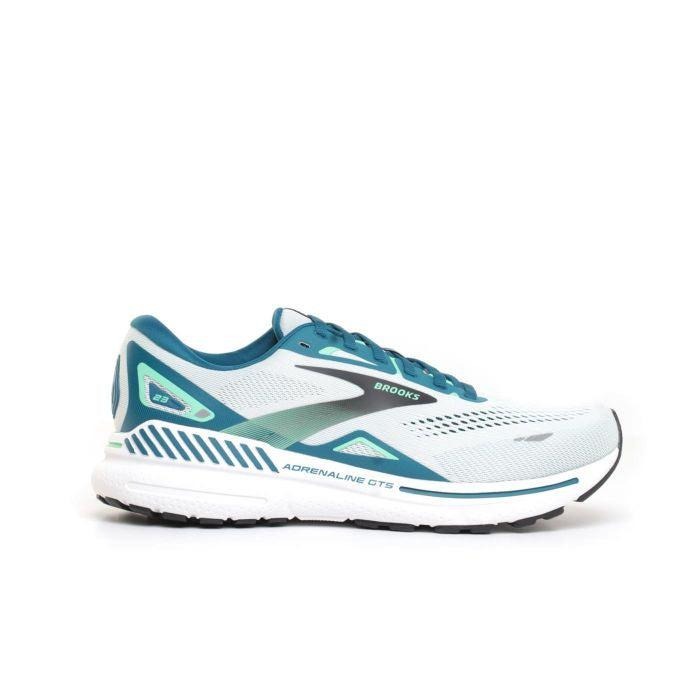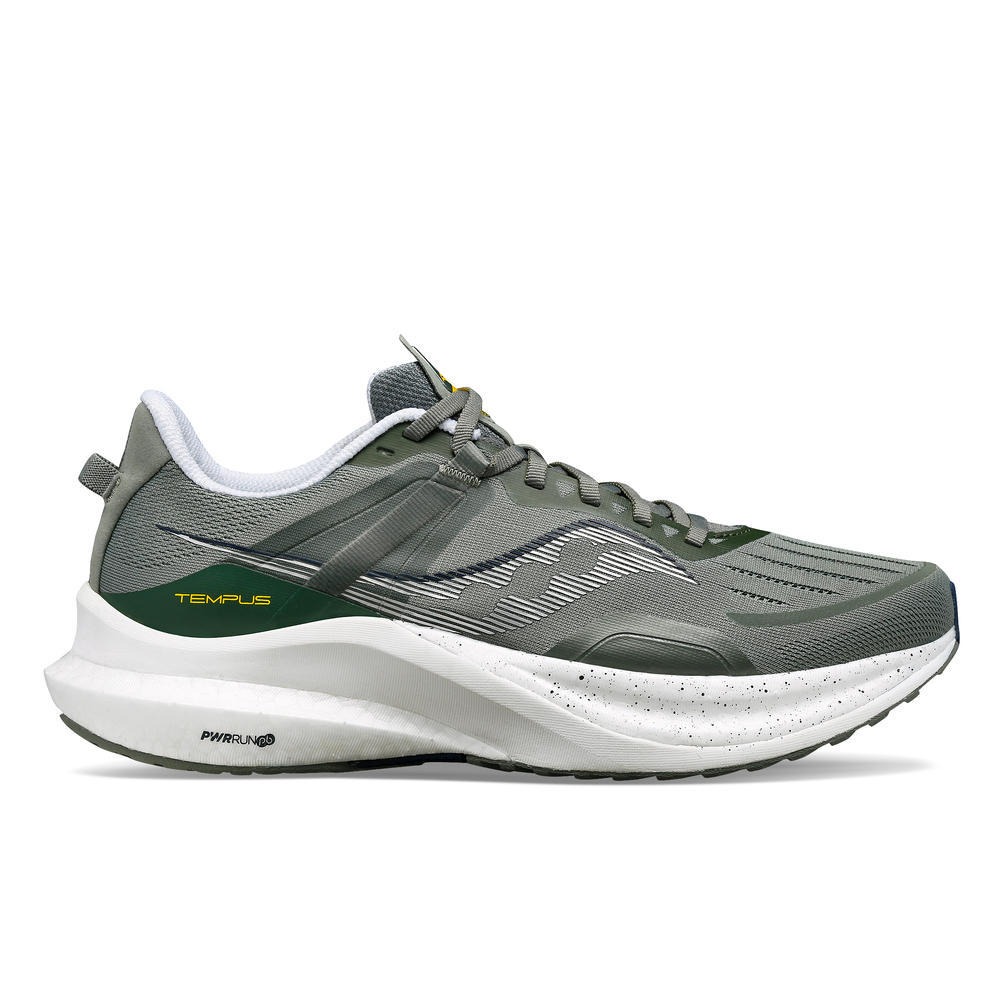Physical Address
304 North Cardinal St.
Dorchester Center, MA 02124
Physical Address
304 North Cardinal St.
Dorchester Center, MA 02124

Finding the right supportive running shoes is crucial for runners. Good running shoes provide the foundation for your entire running experience. They can prevent injuries, enhance performance, and ensure long-term comfort. Let’s break down why proper footwear matters so much.
First, protective cushioning absorbs the impact as your foot strikes the ground. This reduces stress on joints and muscles. Without this, you risk injury from the repetitive impact of running.
Second, the correct fit can prevent common issues like blisters, nail problems, and tendon strain. Running shoes designed for your foot type keep your feet secure and comfortable.
Third, support is key, especially for runners with flat feet or high arches. Supportive running shoes can correct overpronation or supination. This improves your running form, which can lead to better performance.
Lastly, durability matters. Quality running shoes withstand miles of wear and tear. They save you money in the long run and ensure your feet stay protected.
In summary, investing in proper supportive running shoes is an investment in your health and running career. Don’t overlook this crucial aspect of your gear.

When looking for supportive running shoes, certain features are non-negotiable. Here’s what to look for:
Spanning these features, supportive running shoes should align with your specific needs. Personal comfort, combined with these characteristics, will guide you in your selection. Remember to test different models and walk around in them before making a decision. The right shoes will feel comfortable right away, without needing time to ‘break in’.
Determining your foot type and gait is essential before purchasing supportive running shoes. This step helps you find shoes tailored to your running style. Here’s how to figure out your foot type and gait:
By understanding your foot type and how you run, you can select supportive running shoes that enhance your performance and reduce injury risk. You’ll experience improved comfort during your runs.
Finding the best supportive running shoes for your arch type can greatly enhance your running experience. To match shoes to your arches, consider the following guidance:
If you have low arches, stability shoes are your friend. They help control motion and can prevent overpronation. Look for shoes with a straight last and dual-density midsoles.
Runners with normal arches can wear a wide range of shoes. However, they typically benefit most from shoes with moderate arch support and cushioning.
For those with high arches, shoes that provide extra cushioning will help absorb the impact. A curved last can also aid in the support and fit of the shoe.
Remember that the right supportive running shoes are specific to individual needs. Always try on different styles and brands to find the one that offers the best support and comfort for your arch type.

The role of cushioning and stability is critical in supportive running shoes. Cushioning acts like a shock absorber for our feet. It ensures that each step is less taxing on our joints and muscles. This is crucial for long-distance runners or those who frequently run on hard surfaces. Stability offers a different kind of protection. It keeps the foot aligned and wards off excessive inward or outward movement, known as overpronation and supination. Together, these features can prevent injuries and improve your running mechanics.
When we speak of cushioning in running shoes, we refer to the shoe’s ability to absorb the impact of the foot striking the ground. This softens the blow on each step and can help to minimize fatigue during longer runs. Suitable cushioning can also protect from common running injuries, like shin splints or runner’s knee.
Stability caters to controlling the foot and lower leg motion. This is especially important for runners with flat feet or a tendency to overpronate. Shoes with good stability features can enforce a more natural foot motion. This makes your running more efficient and can improve your overall form.
By understanding and valuing the functions of cushioning and stability, we can make wise choices in selecting supportive running shoes. This leads to better performance, greater comfort, and a reduced risk of injury.
Selecting the right size and fit for your supportive running shoes is essential. Proper fit can impact your comfort, performance, and injury prevention. To ensure you pick the perfect pair, here’s what to consider:
Following these tips will help you find supportive running shoes that fit well and benefit your running routine. Remember, the right fit means better support, increased comfort, and a lower chance of injury.

Taking care of your supportive running shoes is key to their longevity and performance. Proper maintenance can extend their lifespan and ensure they continue to provide the support and comfort you need on your runs. Here are some tips for keeping your running shoes in top condition:
By following these maintenance tips, your supportive running shoes will be better equipped to provide the necessary cushioning and stability for your runs.
When it’s time to buy supportive running shoes, knowing where to shop and what to expect can lead to a better purchase. Here are tips to guide you through this process:
Visiting different retailers can help ensure you find supportive running shoes that are just right. Expect to try several pairs and ask lots of questions. With this approach, you will find shoes that support and enhance your running.